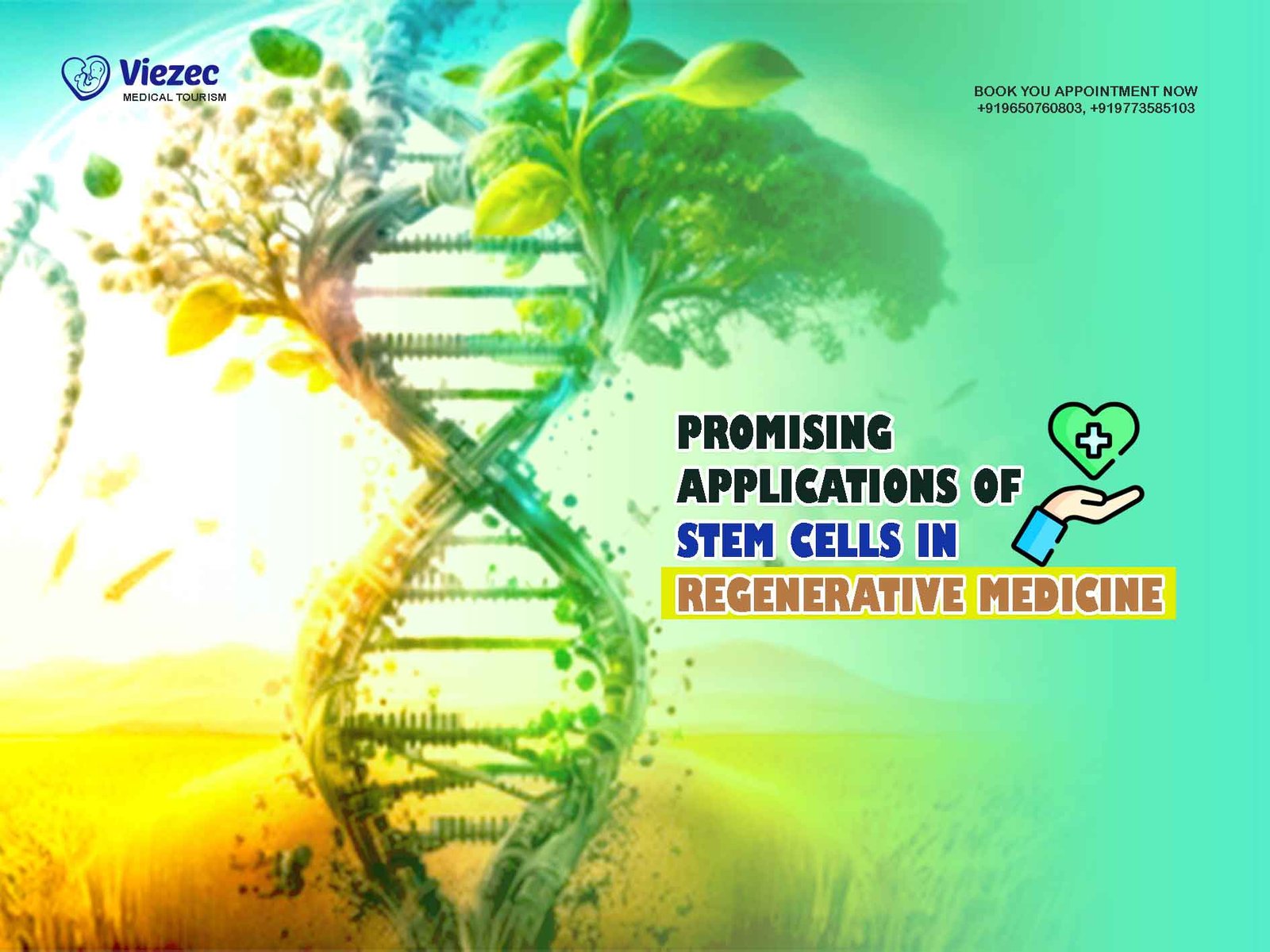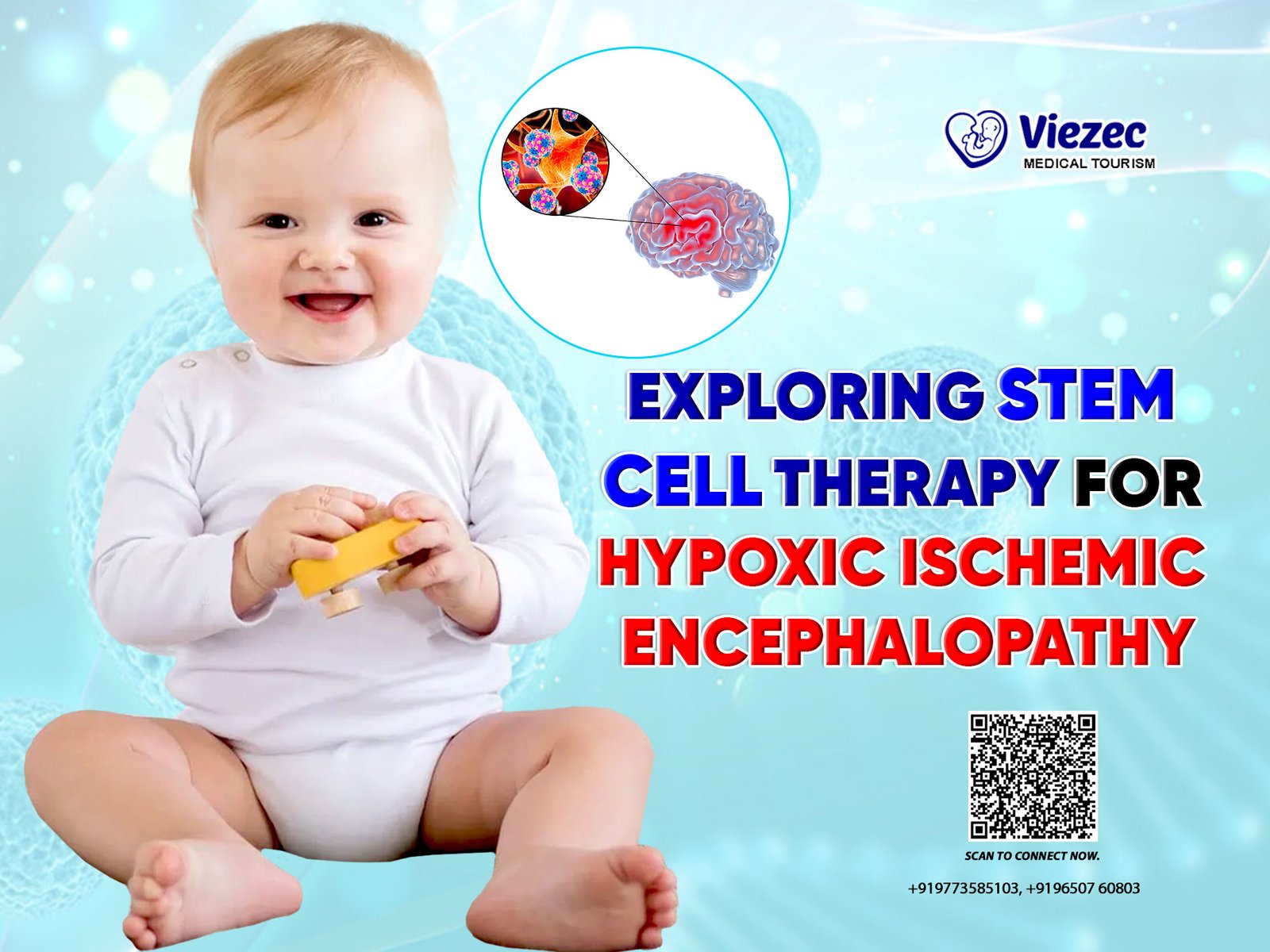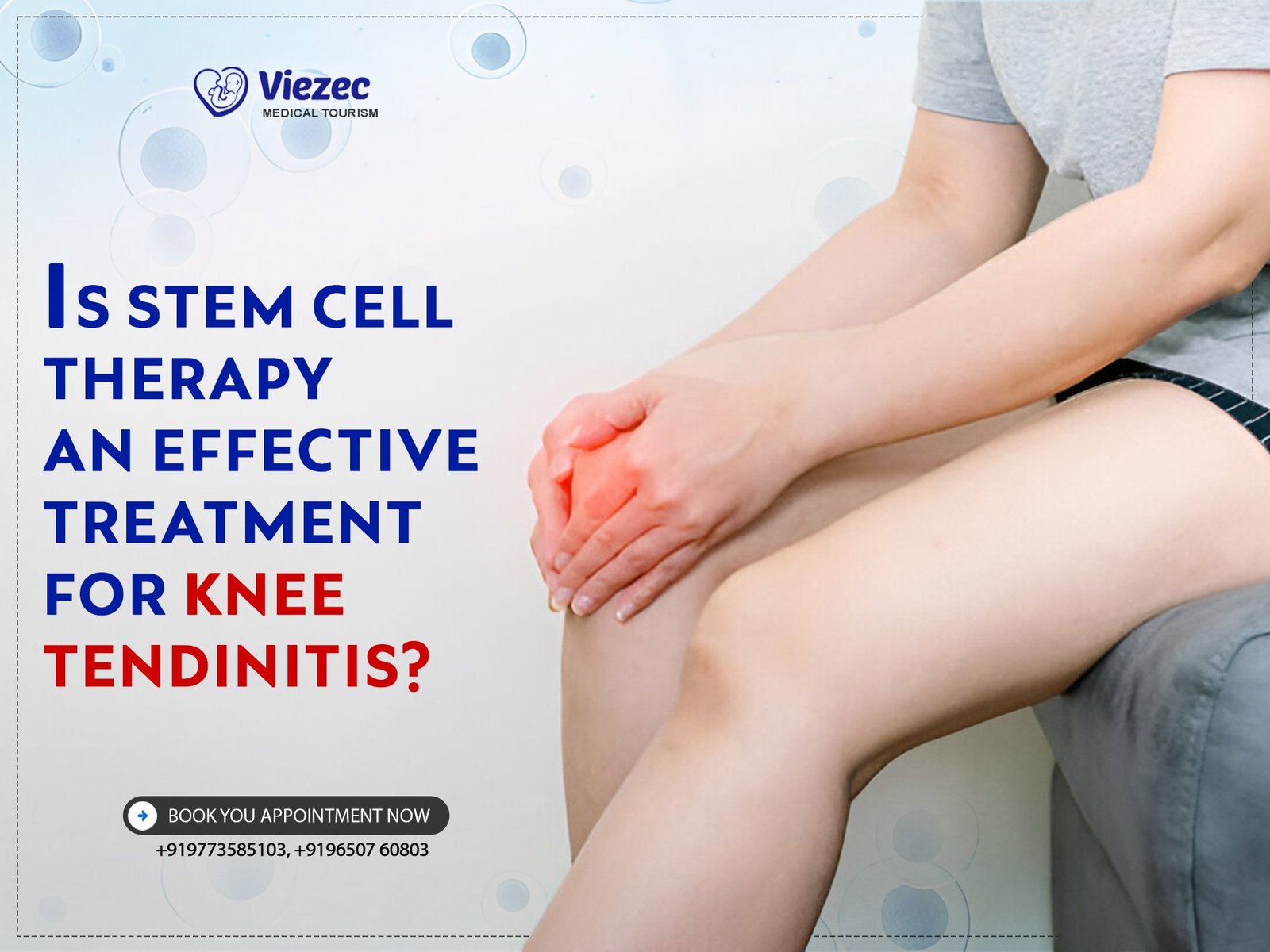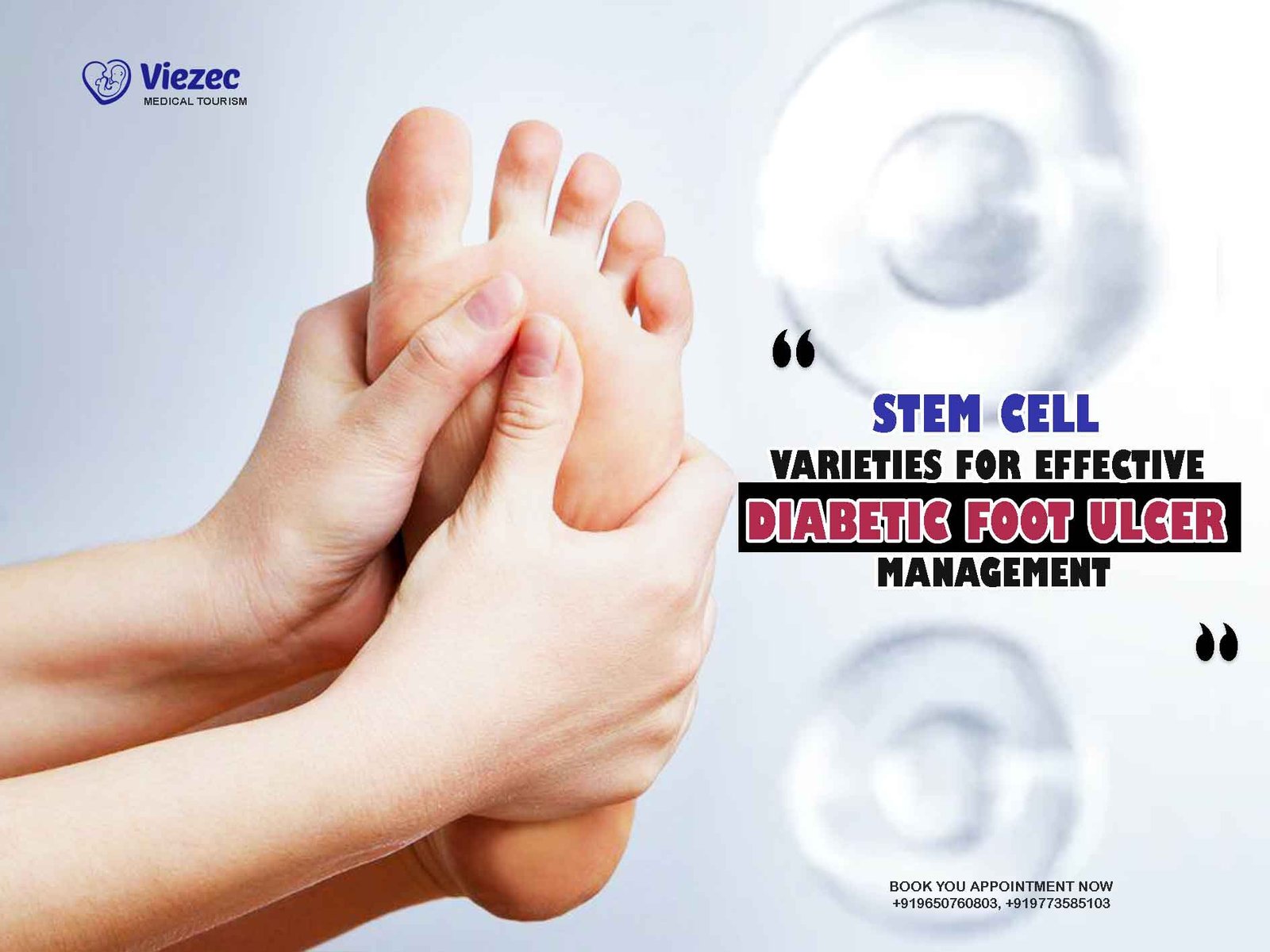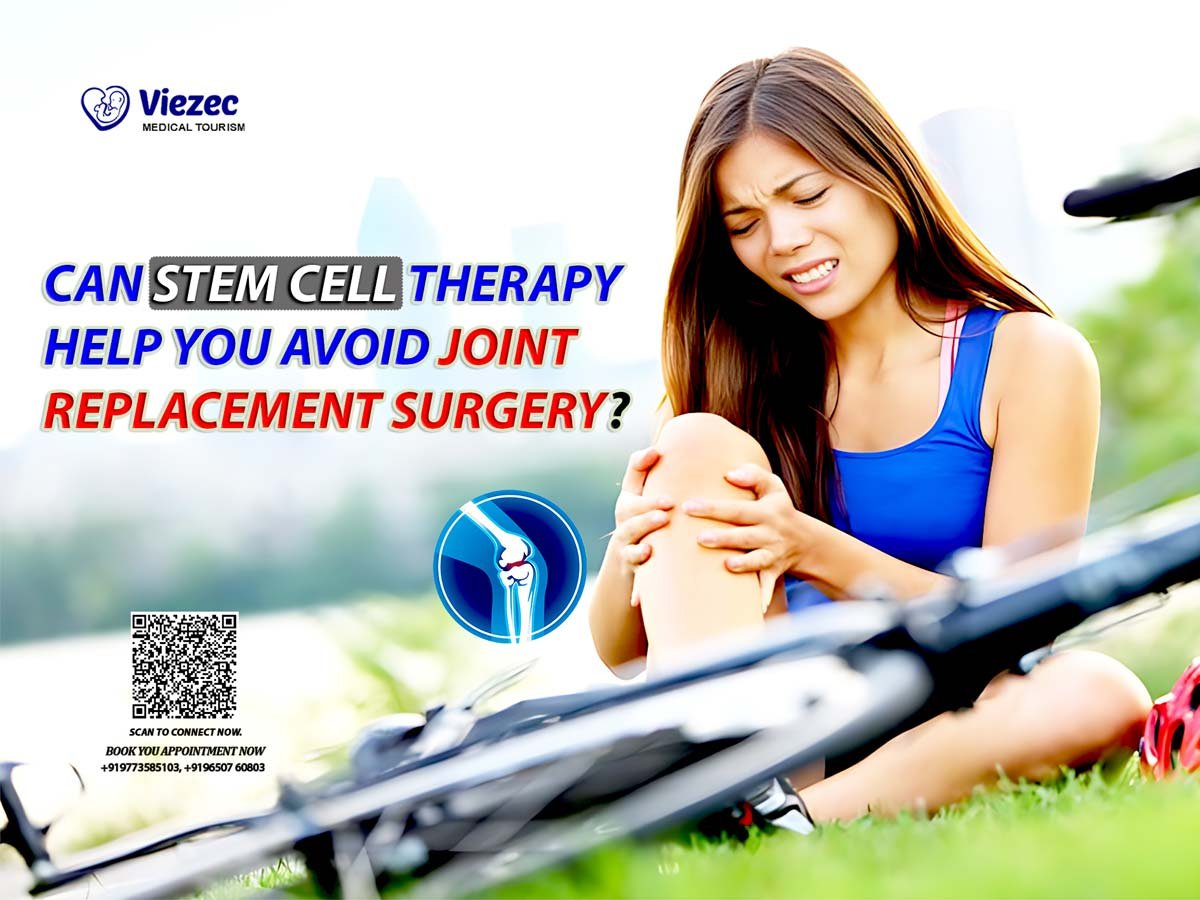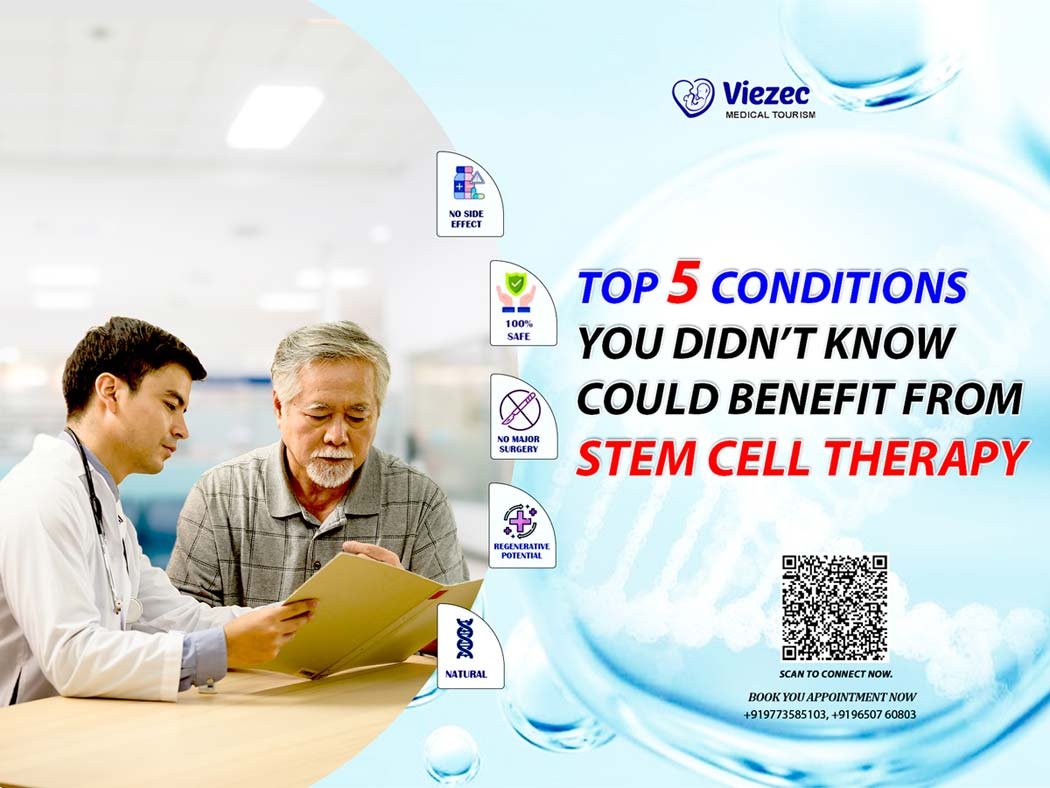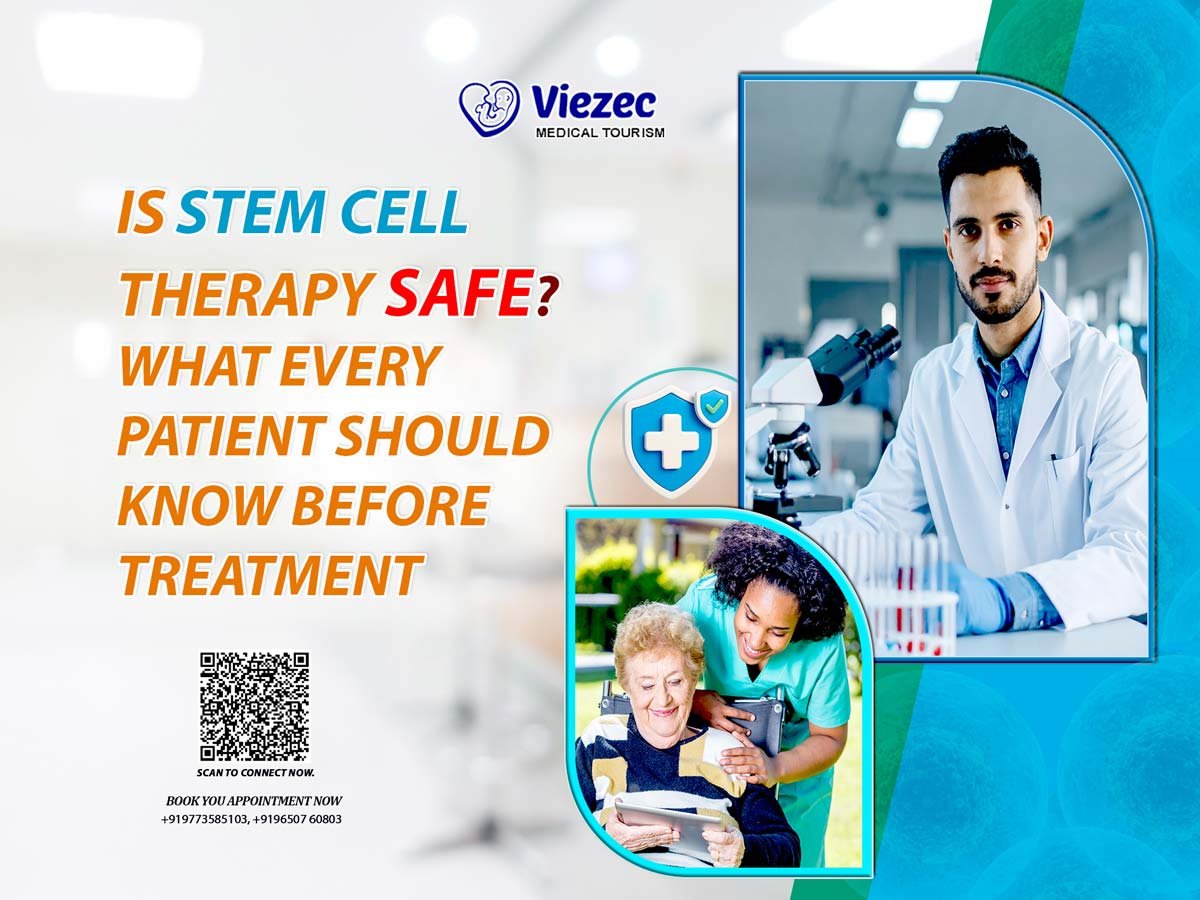Stem cell research has emerged as a beacon of hope in the field of regenerative medicine, offering unprecedented potential for treating a wide array of diseases and injuries. Stem cells possess unique capabilities for self-renewal and differentiation, making them invaluable for regenerating damaged tissues and organs. From neurological disorders to cardiovascular diseases, the applications of stem cells continue to expand, promising revolutionary advancements in medical treatments. In this article, we delve into the various promising applications of stem cells in regenerative medicine.
Understanding Stem Cells
Before delving into their applications, it’s crucial to understand what stem cells are and how they function. Stem cells are undifferentiated cells with the remarkable ability to differentiate into specialized cell types. They can divide and produce more stem cells (self-renewal) or differentiate into specific cell types with specialized functions. Stem cells can be classified into embryonic stem cells (ESCs) derived from embryos and adult stem cells (ASCs) found in various tissues of the adult body.
Types of Stem Cells
- Embryonic Stem Cells (ESCs): These are pluripotent stem cells derived from the inner cell mass of early-stage embryos. They have the potential to differentiate into any cell type in the body.
- Adult Stem Cells (ASCs): Also known as somatic or tissue-specific stem cells, these are multipotent stem cells found in specific tissues or organs of the adult body. They have a more limited differentiation capacity compared to ESCs.
Plan Your Stem Cell Therapy Procedure in India
Promising Applications
- Tissue Regeneration
Stem cells hold immense promise for regenerating damaged tissues and organs, offering potential treatments for conditions such as spinal cord injuries, heart disease, and diabetes. By directing stem cells to differentiate into specific cell types, researchers aim to replace or repair damaged tissues, restoring functionality and improving patients’ quality of life.
- Neurological Disorders
Neurological disorders such as Parkinson’s disease, Alzheimer’s disease, and spinal cord injuries pose significant challenges due to the limited regenerative capacity of the nervous system. Stem cell therapies offer hope by promoting neuronal regeneration and restoring lost function. ESCs and induced pluripotent stem cells (iPSCs) can differentiate into neurons and other neural cells, providing a potential avenue for treating these debilitating conditions.
- Cardiovascular Diseases
Heart disease remains a leading cause of death worldwide, with limited options for repairing damaged heart tissue. Stem cell-based therapies show promise for regenerating cardiac tissue and improving heart function. ASCs derived from bone marrow or cardiac tissue can differentiate into cardiomyocytes and endothelial cells, which are essential for repairing damaged heart muscle and blood vessels.
- Orthopedic Injuries
Orthopedic injuries, including bone fractures and cartilage damage, present significant challenges in terms of regeneration and repair. Stem cells offer potential solutions by promoting the formation of new bone and cartilage tissue. Mesenchymal stem cells (MSCs) derived from bone marrow or adipose tissue can differentiate into osteoblasts and chondrocytes, facilitating bone and cartilage regeneration in orthopedic injuries.
- Diabetes
Type 1 diabetes results from the destruction of insulin-producing beta cells in the pancreas, leading to insulin deficiency and dysregulation of blood sugar levels. Stem cell therapies aim to replace damaged beta cells or regenerate functional pancreatic tissue. ESCs, iPSCs, and pancreatic stem cells hold promise for generating insulin-producing cells and restoring normal pancreatic function in individuals with diabetes.
- Skin Regeneration
Chronic wounds, burns, and skin disorders often present challenges in wound healing and tissue regeneration. Stem cell-based therapies offer innovative approaches for promoting skin regeneration and wound healing. Skin-derived stem cells, including epidermal stem cells and hair follicle stem cells, can differentiate into various skin cell types, accelerate wound closure, and improve skin regeneration.
- Ophthalmic Disorders
Degenerative eye diseases such as age-related macular degeneration (AMD) and retinitis pigmentosa (RP) can cause vision loss and blindness. Stem cell therapies hold promise for restoring vision by replacing damaged retinal cells. Retinal pigment epithelial cells derived from ESCs or iPSCs can integrate into the retina, replenishing lost cells and potentially reversing vision loss in patients with ophthalmic disorders.
- Immune Disorders
Autoimmune diseases and immune system disorders arise from dysregulation of the immune system, leading to inflammation and tissue damage. Stem cell-based therapies offer potential treatments by modulating immune responses and promoting tissue repair. Mesenchymal stem cells have immunomodulatory properties, making them promising candidates for treating autoimmune diseases such as multiple sclerosis, rheumatoid arthritis, and lupus.
- Liver Diseases
Liver diseases, including cirrhosis and liver failure, pose significant health challenges and can be life-threatening. Stem cell therapies hold promise for repairing damaged liver tissue and restoring liver function. Hepatic stem cells and hepatocyte-like cells derived from stem cells can integrate into the liver, regenerate damaged tissue, and improve liver function in patients with liver diseases.
- Cancer Therapy
While stem cells are primarily associated with regenerative medicine, they also play a role in cancer therapy. Hematopoietic stem cell transplantation (HSCT) is a well-established treatment for certain types of cancer, including leukemia and lymphoma. Additionally, stem cells engineered to target and destroy cancer cells offer potential therapies for various cancers, including solid tumors.
Contact us for free online appointment
Challenges and Future Directions
Despite the promising applications of stem cells in regenerative medicine, several challenges remain to be addressed:
- Safety Concerns: Ensuring the safety of stem cell-based therapies, including the risk of tumor formation and immune rejection, is paramount.
- Ethical Considerations: Ethical concerns surrounding the use of embryonic stem cells necessitate the exploration of alternative cell sources, such as induced pluripotent stem cells.
- Regulatory Hurdles: Regulatory frameworks governing stem cell research and clinical trials vary across countries, posing challenges for translating research findings into clinical applications.
- Optimizing Efficacy: Enhancing the efficacy of stem cell therapies through improved cell delivery methods, tissue engineering techniques, and patient-specific approaches is essential for maximizing therapeutic outcomes.
Despite these challenges, ongoing research efforts continue to advance the field of stem cell-based regenerative medicine, offering hope for patients with a wide range of debilitating conditions. By harnessing the remarkable regenerative potential of stem cells, researchers aim to revolutionize medical treatments and improve the lives of millions worldwide.

